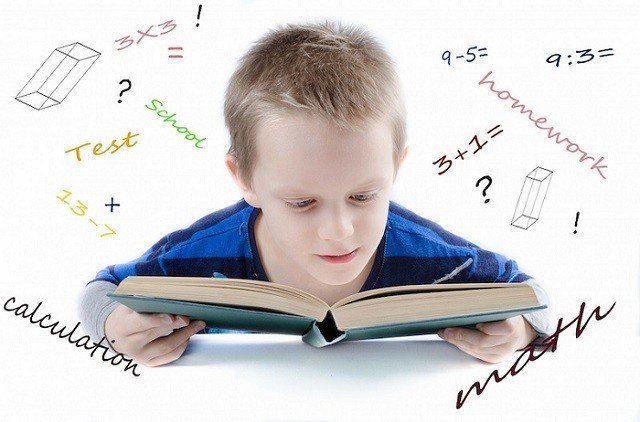
Gestures play an important role in our daily communication.
Whenever you talk with your friends, family members, colleagues, boss, or even a stranger, you use your hands to illustrate what you say.
With hand gestures, the verbal message becomes more vivid.
However, hand gestures may be more powerful than that. They can become effective tools in education.
In a paper published in Psychological Science, researchers found that hand gestures could help children learn math.
In this study, when children in the third and fourth grades (ages 9-10) learned to solve the mathematical problem “6 + 3 + 4 = __ + 4”, they were taught to use different strategies.
One group of children were taught the words “I want to make one side equal to the other side”, a correct equivalence problem-solving strategy used by children who could succeed in this type of problems.
The second group of children was taught to use the same verbal strategy as well as hand gestures: pointing with V-hand to 6 + 3, and pointing with an index finger to the blank.
If the two numbers were grouped together and summed, they generated the number belonging to in the blank.
The third group of students was taught the same verbal strategy with partially correct gestures: pointing with V-hand to 3 + 4, and pointing with an index finger to the blank.
Although the grouping operation was highlighted in the gestures, they indicated wrong numbers.
Researchers found that when children solved math problems with the three different strategies, their accuracy was related to their gesture performance.
When they solved problems with correct gestures, they gave the best performance. When they solved problems with partially correct gestures, they performed worse but still better than the group used no gestures.
This finding demonstrates that students’ knowledge about grouping and using grouping correctly in problem-solving can be influenced by the gestures they use.
The finding also suggests that even though the problem solving (or conceptual knowledge) is not motor-based, it still can be influenced by motor experience.
Copyright © 2018 Knowridge Science Report. All rights reserved.



